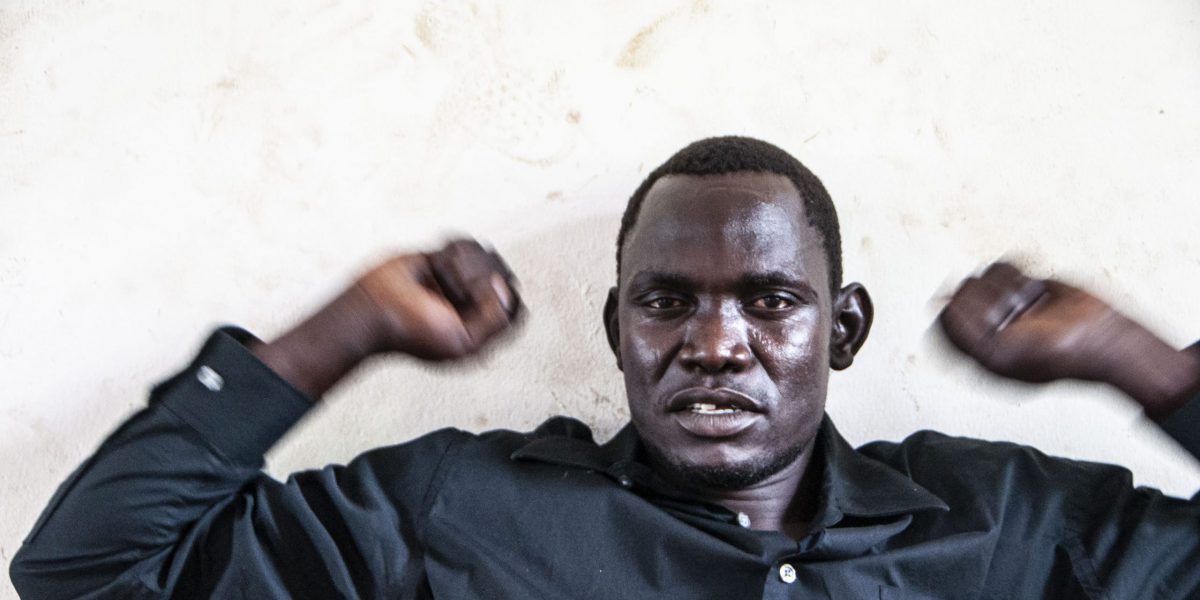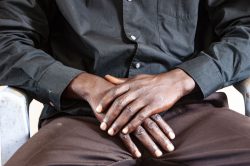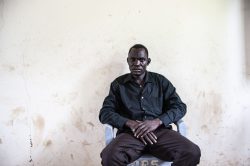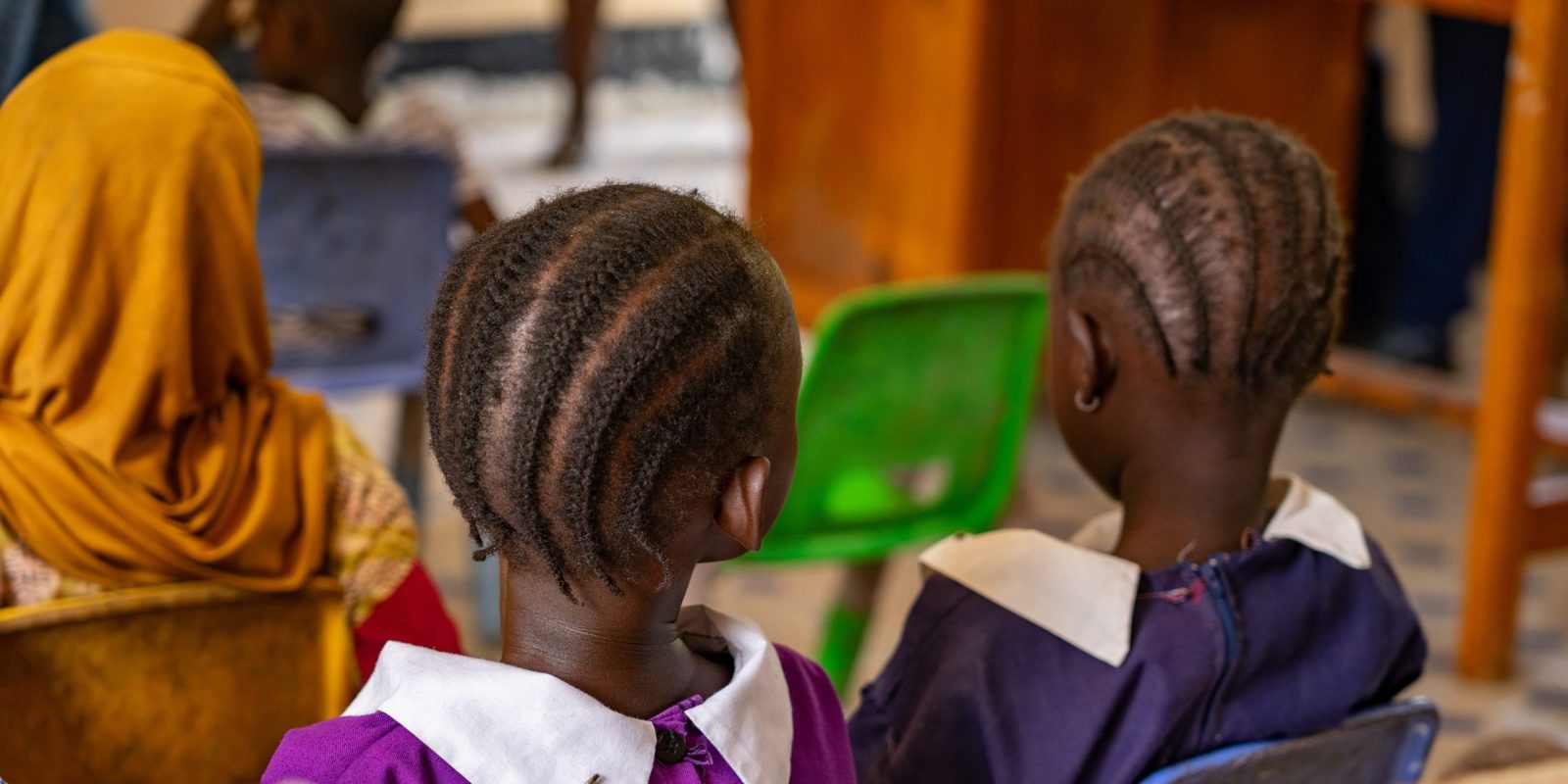Mental Health in Maban, South Sudan
17 December 2025|Paula C Aguirregabiria

Najm Eldean Ismail is a30 years old Sudanese man currently living in Maban Refugee Camp (northern South Sudan). Ismail benefits from JRS’ counseling and therapy program. We visit him to help him cope with some serious mental health issues he’s been going through most of his life.
“I am not sure what happens to me… since I’m 10 or 12 years old I cannot do what others do. I have very bad headaches, and I don’t remember about anything.”
In 2013 one of the wars started in South Sudan. Despite he says he has not been directly involved in the violence of the war more than other people has, the date he mentions as a trigger could be a sign.
In contexts of violence and war, the traumatic experiences lived through it can cause severe mental distress. In many cases, these can develop into a PTSD (Post Traumatic Stress Disorder) that, in case of a pre-existent mental condition, can have even more severe consequences.

“I don’t know what it is, maybe it is a spirit inside my body doing this. I know that during the time of school, when I was studying, sometimes when I read I saw the paper become white empty, without anything. Also sometimes, when am reading I see A as E, when I see the alphabet it is a different one. I can read a bit, and I get much headache.
Also its not letting me to be with people… I stay lonely”
The counseling has been given by JRS South Sudan, and for the medicines we referred him to Relief Web, a partner organization in the camp.
He explains us that the counseling and therapy have been very helpful to him. “To be able to talk to someone about what happens to me… that has helped me a lot. I thank Josephine [JRS counselor], she has helped me a lot”.

“I give so much thanks to JRS… They’ve helped me a lot. I hope they have a long hand so they can help more people because it is not only me who might be sick.”
Our team of JRS South Sudan keeps working with Ismail and other individuals receiving support, counseling and therapy, to help them heal the wound of war and continued conflict.



